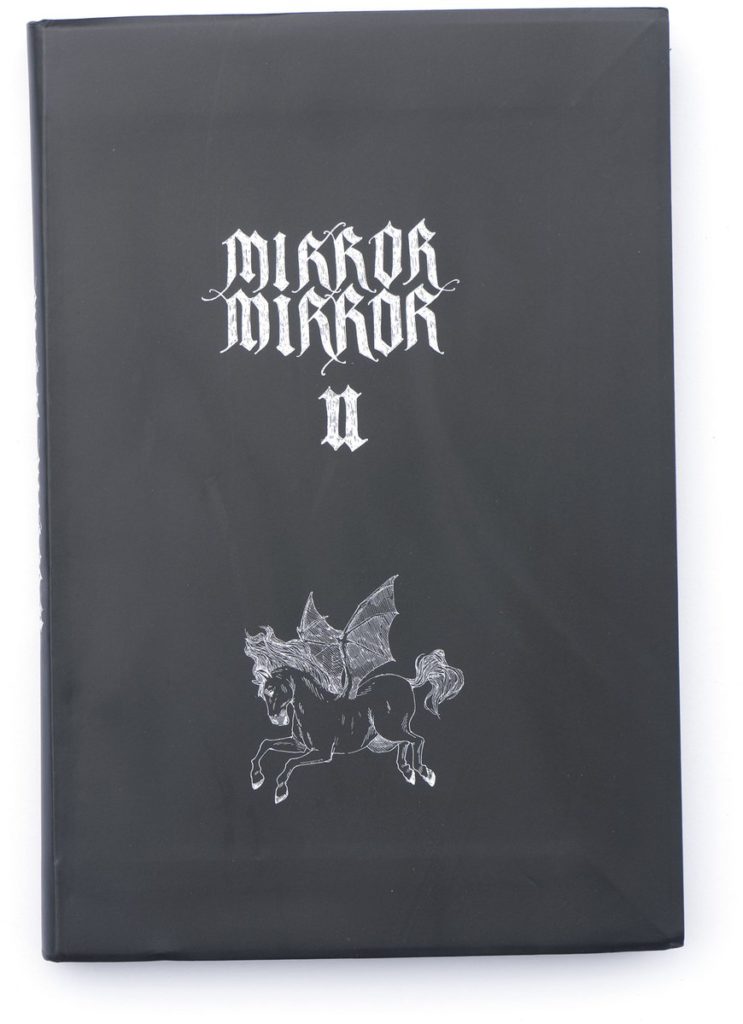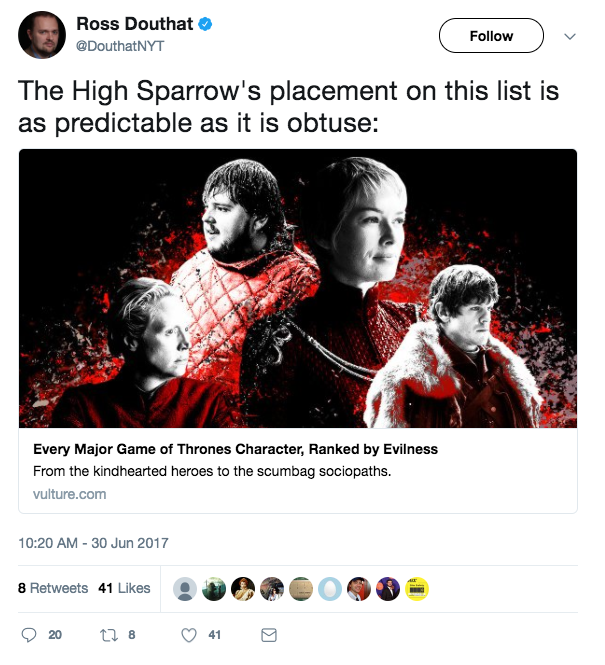
Our anthology Mirror Mirror II, edited by Julia Gfrörer and myself, is now officially for sale from our publisher, 2dcloud, and from our own webstore. Click here to order and see an extensive preview, or click here to buy it from Julia directly.
Contributors include Lala Albert, Clive Barker, Heather Benjamin, Apolo Cacho, Sean Christensen, Nicole Claveloux, Sean T. Collins, Al Columbia, Dame Darcy, Gretchen Alice Felker-Martin, Noel Freibert, Renee French, Meaghan Garvey, Julia Gfrörer, Simon Hanselmann, Aidan Koch, Laura Lannes, Céline Loup, Uno Moralez, Mou, Jonny Negron, Claude Paradin, Chloe Piene, Josh Simmons, Carol Swain, and Trungles.
Our contributors come from Australia, Brazil, England, France, Mexico, Russia, Wales, and the United States. The youngest is 24. The oldest is 77. The majority are women. They are trans and cis, straight and queer. They make comics, zines, fine art, music, film, literature, and journalism. For our book they made work basted around horror, pornography, the gothic, and the abject. They made dark, vulnerable work that reflects the dark, vulnerable world, in hopes that confronting it moves us toward empathy.
Here’s what people are saying about it:
One of the 10 Best Comics of 2017 – The Verge
One of the Best Comics of 2017 – The A.V. Club
One of the Best Comics of 2017 – The Beat
Starred Review – Publishers Weekly
Honorable Mention – The 2017 Publishers Weekly Graphic Novel Critics Poll
“This anthology earns that most potent of horror descriptors: it is truly, deeply unsettling.” —Publishers Weekly (starred review)
“This collection doesn’t just feel haunting; it feels corrosive.” —Juliet Kahn, The Verge, “The 10 Best Comics of 2017”
“Mirror Mirror II is troubling and challenging, but it is also rewarding and stunning—a thrilling experience that readers won’t soon forget.” —Shea Hennum, The A.V. Club, “The A.V. Club’s Favorite Comics of 2017 So Far”
“In a year that many have found bleak and depressing, Mirror Mirror II managed to channel this energy into one of the most riveting visual experiences of the year….the best horror comics anthology available.” —Phillippe Leblanc, “The Beat’s Best Comics of 2017”
“This book should win all the design awards for 2017. It’s as magnificent as the contents are (purposely) horrific.” —Heidi MacDonald, “The Beat’s Best Comics of 2017”
“It awakens the long-underused [horror] genre and pushes your fear buttons in ways you could never have anticipated. It’s hard to pick the most memorably mind-devouring portion.” —Abraham Riesman, Vulture, “8 Comics You Need to Read This June”
“Each comic or illustration feels like a peek into the mercurial depths of the individual artists, never just sex and horror for provocation’s sake. That honesty can be revealing for readers as well — when was the last time a horror/sex anthology taught you something about yourself?” —Jordan Darville, The Fader
“A sexy, creepy book which is daring in the topics it addresses…It does not shy away from how complex and difficult its subject matter is. It’s also a sumptuously designed, beautifully illustrated compendium of some of the most talented alternative comic creators working today.” —Tom Baker, Broken Frontier
“The book is an eclectic mix, beautiful and unsettling, with a strong erotic element….Mirror Mirror II is an immensely strong book, full of varied, challenging work that will not disappoint fans of the featured genres. If you come across a copy, I highly recommend picking it up.” —Pete Redrup, The Quietus
“Reading this is like dreaming — though whether you’re immersed in a nightmare or a wet dream is unclear….This book is like a porn stash you’d find in the cupboard of a medieval demon.” —Dan Schindel, Hyperallergic
“Mirror Mirror II is at once a frivolous memento mori and an outright challenge to your own personal space.” —Austin Lanari, Comics Bulletin
“At a time when real, human-rights-violating terrors abound, and the collective stomach is weak…Gfrörer and Collins see the genre as a processing mechanism to sort out repressed anxieties, echoing critics such as Robin Wood who has argued that the ‘horror genre is a struggle for recognition of all that our civilization represses or oppresses.'”—Minh Nguyen, AQNB
“I’m not going to lie, this one really messed with me. If I were listing comics that challenged me the most in 2017…this would have been number one with a bullet….Collins and Gfrörer push to the very edge without going over it, with stories that show the strong link between eroticism and horror. It’s really unlike anything I’ve ever read.” —Rob McGonigal, Panel Patter
“High quality smut.” —Will Menaker, Chapo Trap House
“Kind of feeling [it]” —Kevin Huizenga (Ganges), “Notable Comics Read in 2017”
“Early contender for best graphic novel of 2017.” —Philippe LeBlanc, The Beat
“This is a book that provokes, that pushes and pulls, that strips down to the bone and re-clothes in different flesh any notions you might have about horror, pornography, and abjection. It’s wonderful….I haven’t had a book challenge me this much in a long time.” —Sarah Miller, Sequentialist
“A thought-provoking, richly entertaining collection from some of the most exciting comic artists working today. A must read for fans of the horrific and perverse.” —Bryan Cogman, Game of Thrones
“An impressive collection of beautiful depictions of grotesque things and grotesque depictions of beautiful things.” —Alan Resnick, Unedited Footage of a Bear / This House Has People in It
“Editors Sean T. Collins and Julia Gfrörer have assembled an exquisitely creepy and seductive new collection of comics with Mirror Mirror II. From Uno Moralez’s pixelated noirs to Dame Darcy’s ornate Gothic ghost stories, the wide range of horror here is fantastic, as characters creep and fuck in the shadows of unimaginable darkness throughout. It’s certainly the perfect, freaky anthology for you, your lover, and all the demons in your mind.” —Hazel Cills, MTV News / Jezebel
“Mirror Mirror II invites the most innovative creators working in the form today and proves just how expansive the pornographic and gothic can be, encapsulating the pop cultural, fantastical, and realistic in one fell swoop.” —Rachel Davies, Rookie / The Comics Journal
I am so proud of this book and hope you enjoy it.


